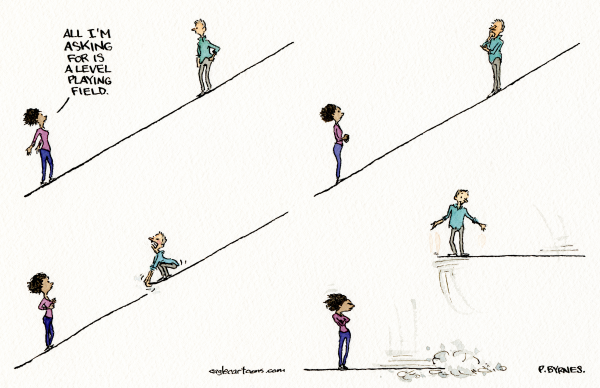
After conducting tense research and holding public hearings for more than two years, a California task force determined that payments as part of a reparations initiative could surpass $1 million in certain cases.
The proposal is aimed at targeting historical injustices faced by Black residents who are descendants of enslaved people and have battled against racism and discrimination for generations.
Assembly Member Reginald Jones-Sawyer, a member of the reparations task force, said he intends to use its findings to draft a reparations bill to fellow lawmakers. He is expected to propose a bill in 2024. “Not being able to own your own businesses, not being able to have access to capital, not being able to be hired and move up and matriculate — all of those things kept us from being able to rise naturally,” Jones-Sawyer said.
For the last few decades, the issue of reparations has ebbed and flowed in the American psyche. The subject began to gain steam in the early 1990s during the Clinton administration, when many activists believed Clinton’s centrist/liberal politics were conducive to such a possibility.
While some Black people and white progressives turn a hopeful ear to talk of reparations, there are those of us who are less than enthusiastic about the degree of sincerity as it relates to government officials. We are what some would refer to as the cynics, the racially conscientious men and women who sigh and give the side eye. After so many promising starts routinely followed by abrupt and sudden stops, we cannot help but echo “oh Lord, here we go again, how long will it last this time?”
Cynicism aside, I, like many others, genuinely want to see reparations given serious attention and deep consideration, and not just at various junctures for disingenuous politicians to exploit for opportunistic purposes. The subject is too crucial to be mishandled and manipulated. Sad to say, up until now this has been the case.
To all those who argue that the issue needs to be debated, I say WHAT IS THERE TO DEBATE?! The question as to whether people of African descent past or present deserve to be compensated for past and present injustices should not be “up for discussion!” We already know the answer is a resounding yes.
This nation has financially awarded various groups, including Japanese Americans and Holocaust survivors, for their pain, humiliation and intense suffering. If there is any group in America that deserves recompense for the numerous iniquities, indignities and injustices inflicted upon them, it is Black Americans.
The Black experience in America is a distinctive one that has been simultaneously marked and marred with rivers of blood, mountains of sweat and more than a few tears. Such historical and sadistic treatment has consistently manifested itself centuries later in various and menacing ways. No reasonable person can deny these indisputable truths. Most, if not all of the aforementioned vices are largely due to centuries of past and present circumstances that afflict many people of African descent. The psychological impact is real.
To every white person who make the argument they did not enslave anyone, or that their relatives never owned slaves – so what?! The cold, hard undeniable truth is that you and your forebears have and still do benefit from past and present day retrograde institutional policies that had/still have a disproportionate negative impact on many Black people.
America likes to pride itself on being a fair and just society embedded with the ideas of freedom and justice for all. In the case of many Black Americans, it has fallen woefully and distressingly short. Considerably so. I can think of no better way to make amends for paying a debt that is long overdue.
Elwood Watson is a professor of history, Black studies, and gender and sexuality studies at East Tennessee State University. He is also an author and public speaker.
Comments are not available on this story. Read more about why we allow commenting on some stories and not on others.
We believe it's important to offer commenting on certain stories as a benefit to our readers. At its best, our comments sections can be a productive platform for readers to engage with our journalism, offer thoughts on coverage and issues, and drive conversation in a respectful, solutions-based way. It's a form of open discourse that can be useful to our community, public officials, journalists and others.
We do not enable comments on everything — exceptions include most crime stories, and coverage involving personal tragedy or sensitive issues that invite personal attacks instead of thoughtful discussion.
You can read more here about our commenting policy and terms of use. More information is also found on our FAQs.
Show less